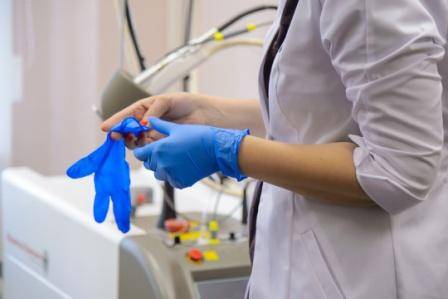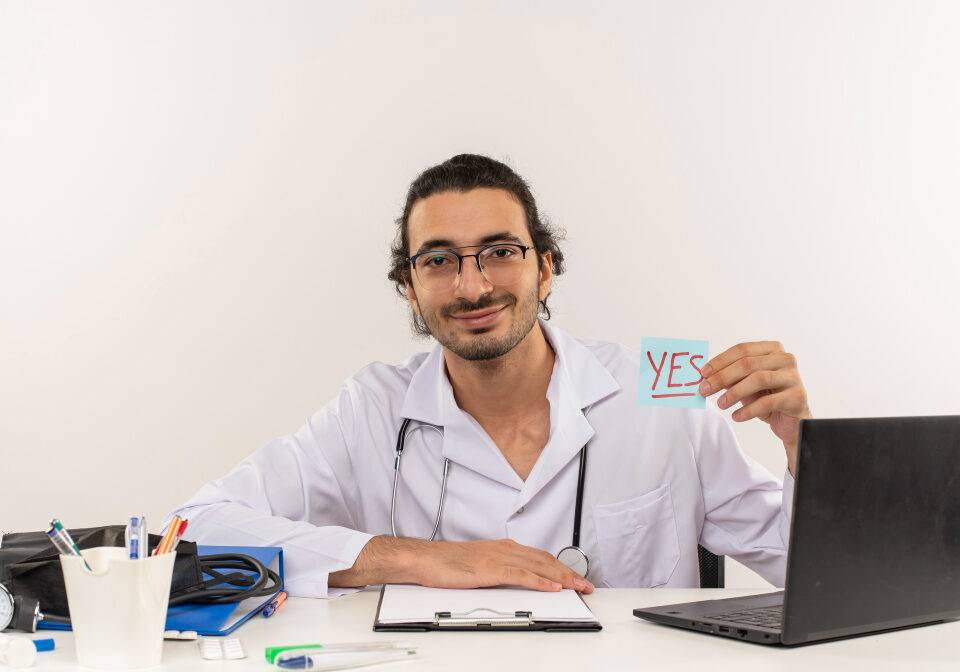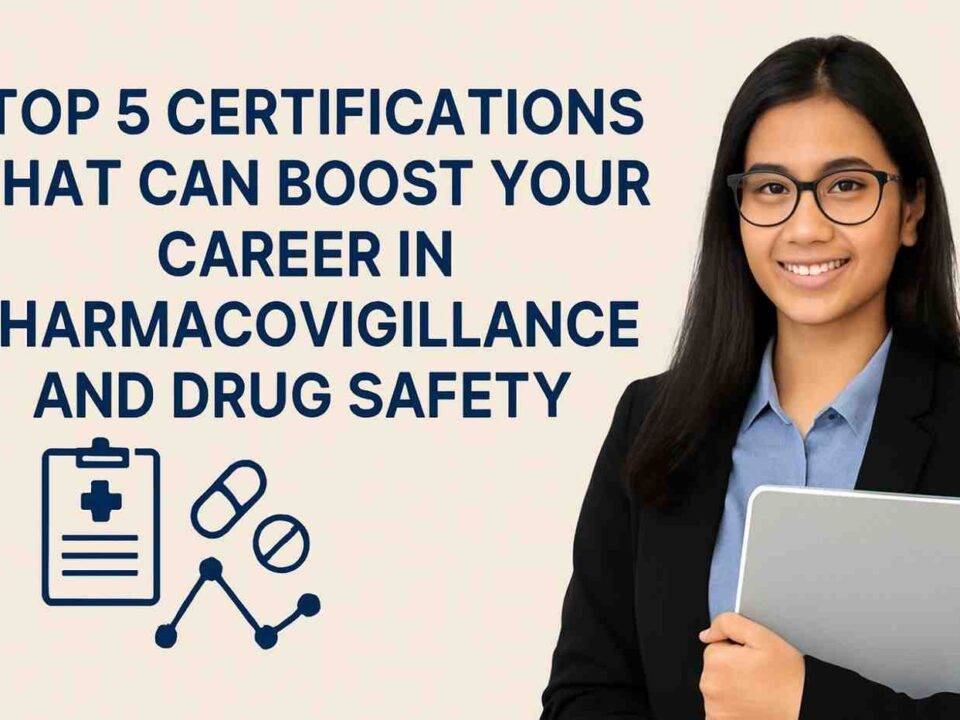
Choosing a Drug Safety Course or Pharmacovigilance is a better option, as the career in this field can be very satisfying. You might read in newspapers that often many medicines are banned in the market for its contra indications or side effects. How do they arrive at a conclusion that certain drugs have side effects? That is the job of a person who has pursued Drug Safety Course. So, choosing a career in pharmacovigilance can be very satisfying.
Pharmacovigilance – Pharmacovigilance is nothing but pharmacological science, which is related to the assessment, detection, understanding, and prevention of side effects of medicines. The side effects can be a short term phenomenon or long-term. Few drugs, immediately after administration will start showing adverse effects, like rashes and allergies, while other drugs might as well need a longer exposure to show the toxicity. In other words, pharmacovigilance can also be defined as a science of evaluation, research and monitor the adverse effects data on medications, herbal and biological products collected from healthcare providers including doctors, pharmaceutical firms or otherwise reported directly by patients.
 Stakeholders – Right from the clinical development stage of a product (drug or medical device), pharmacovigilance activities start and further progress throughout the life cycle of the item. There are three major stakeholders of pharmacovigilance in the US including the Food and Drug Administration (FDA), The Pharmaceutical Manufacturers and the academic/non-profit organizations such as RADAR and Public Citizen.
Stakeholders – Right from the clinical development stage of a product (drug or medical device), pharmacovigilance activities start and further progress throughout the life cycle of the item. There are three major stakeholders of pharmacovigilance in the US including the Food and Drug Administration (FDA), The Pharmaceutical Manufacturers and the academic/non-profit organizations such as RADAR and Public Citizen.
These departments undertake extensive research in identifying the potential hazards and risks associated with the use of drugs. The ultimate aim is to shield the patients from harm due to side effects of these medicines and other herbal products. As pharmacovigilance and drug safety are significant functions throughout the development, marketing and in continued use of any medicinal drug and device, professionals in this role like Drug Safety Associates are responsible for a slew of functions including monitoring, processing, controlling and sending the adverse event data, obtained from clinical trials and other sources.
Responsibilities – The Drug Safety Associates have few common responsibilities such as documentation of all communication from clinical trial sites including telephone conversations, faxes and more, accurate and timely reporting of adverse effects, processing of collected data in organization databases as per applicable standards, regulations guidelines; ensuring data accuracy and consistency, meeting project milestones and timelines; understanding, developing and communicating pharmacovigilance project budgets and participation in client meetings and contributing to the discussion from a pharmacovigilance perspective.
Skill Sets –In order to pursue a career in pharmacovigilance, you need to have a gamut of competencies such as thorough understanding of adverse event reporting and safety databases, excellent inter-personal and communication skills, good time management and organisational skills, multi-tasking ability, ability to work under pressure and understanding of ICH GCP and drug development process.
Education – A Master’s or Bachelor’s degree preferably in Life Sciences or Pharmacy and extensive knowledge of all applicable guidelines and regulations.
Recommended Programme – You can opt of the below mentioned online programs for a career in pharmacovigilance: Advanced PG Diploma in Clinical Research and Pharmacovigilance, Advanced PG Diploma in Pharmacovigilance and Regulatory Affairs and Professional Diploma in Pharmacovigilance and Pharmacoepidemiology.



